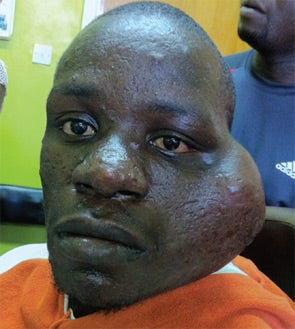Explore This Issue
June 2012Dr. Senders is professor and director of the cleft and craniofacial program in the department of otolaryngology at the University of California Davis Health System in Sacramento, Calif.
Q: How do you approach the issues of informed consent in a developing country?
Mark E. Boston, MD, FAAP: Here in the United States, only a minority of patients will say, “Okay, doctor, just do whatever you think you should do.” In other countries, the perception of physicians and health care are very different. Many patients understand only that they’re sick and that they could be better with surgery. They have no idea what I am telling them. As a surgeon, you don’t like to get “talked into” doing surgery, but there are a few cases where not operating would be worse than operating, so we will proceed, with the best understanding of the patient. You have to be very thorough in your explanations and make sure that the information is well translated and understood by the patient and the family.
Dr. Boston is a lieutenant colonel with the U.S. Air Force, a surgical services consultant and chief of the provision of medical care for the Air Force Medical Operations Agency, based at Lackland Air Force Base in San Antonio, Texas.


Leave a Reply